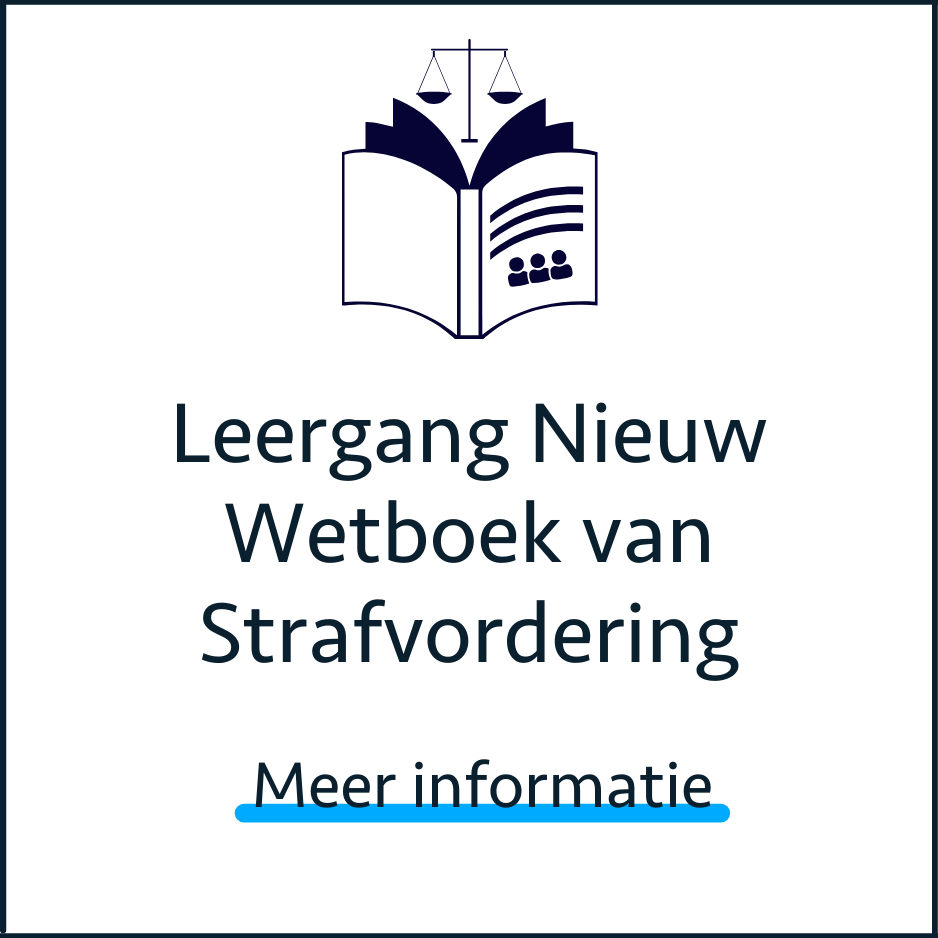The first of June 2021 marked the start of the operational activities of the European Public Prosecutor’s Office (EPPO). Established by Regulation (EU) 2017/1939 (‘EPPO Regulation’), the EPPO is the European Union body competent to investigate, prosecute and bring to judgment the perpetrators of criminal offences affecting the Union’s financial interests. The EPPO was established by means of enhanced cooperation. At the time of writing, five Member States do not participate in the EPPO: Denmark, Ireland, Poland, Hungary and Sweden. The effective action against crimes affecting the Union budget requires however smooth cooperation between the EPPO and its counterparts not only in the Member States that participate in the enhanced cooperation, but also in the non-participating Member States. This contribution delves into such cooperation and the several issues it raises, first providing for some introductory remarks on the choice of some Member States not to join the enhanced cooperation on the EPPO. It then analyses the two main provisions of the EPPO Regulation concerning the EPPO’s relations with non-participating Member States, Article 99 and, most importantly, Article 105. Finally, this contribution shortly addresses the relevant role played by Eurojust in this context.
Read More










